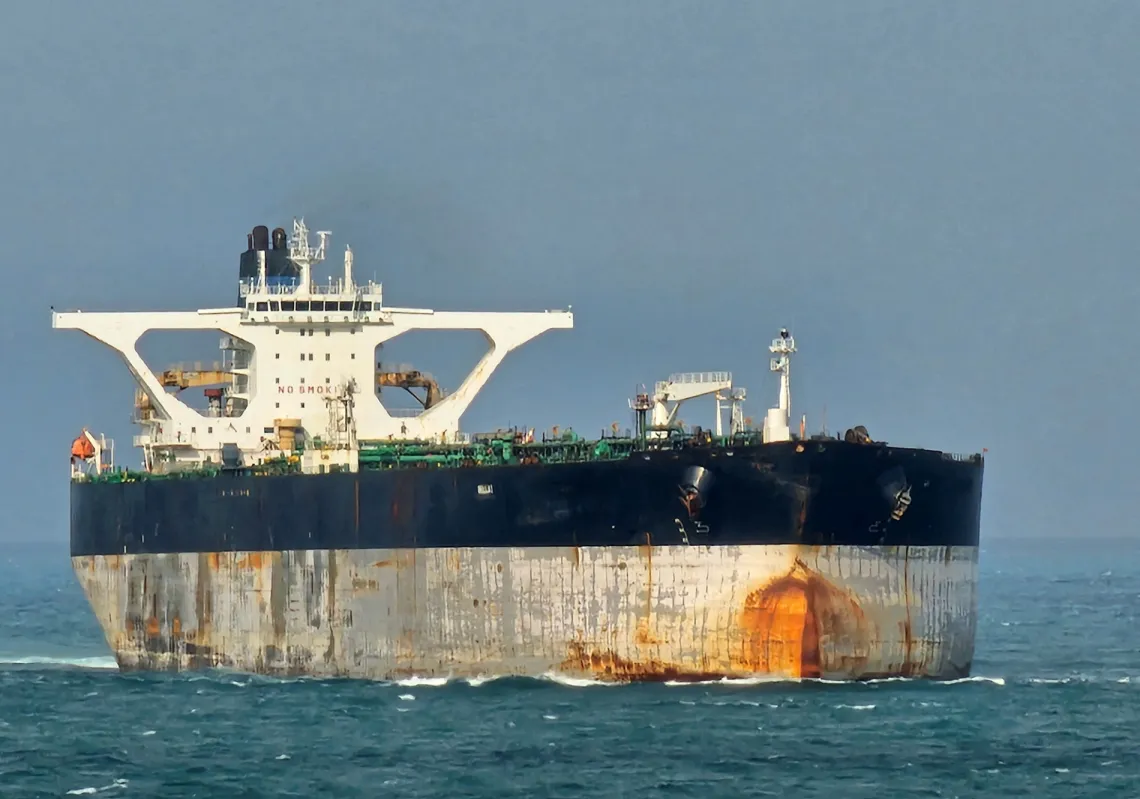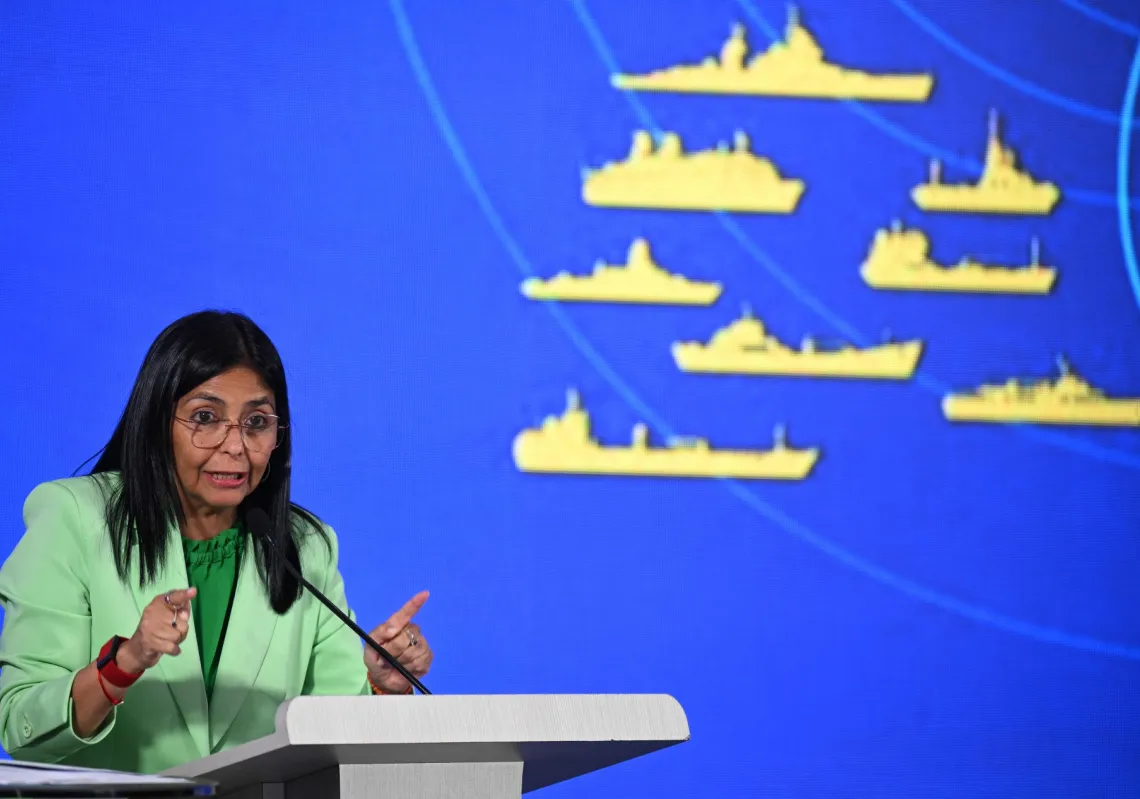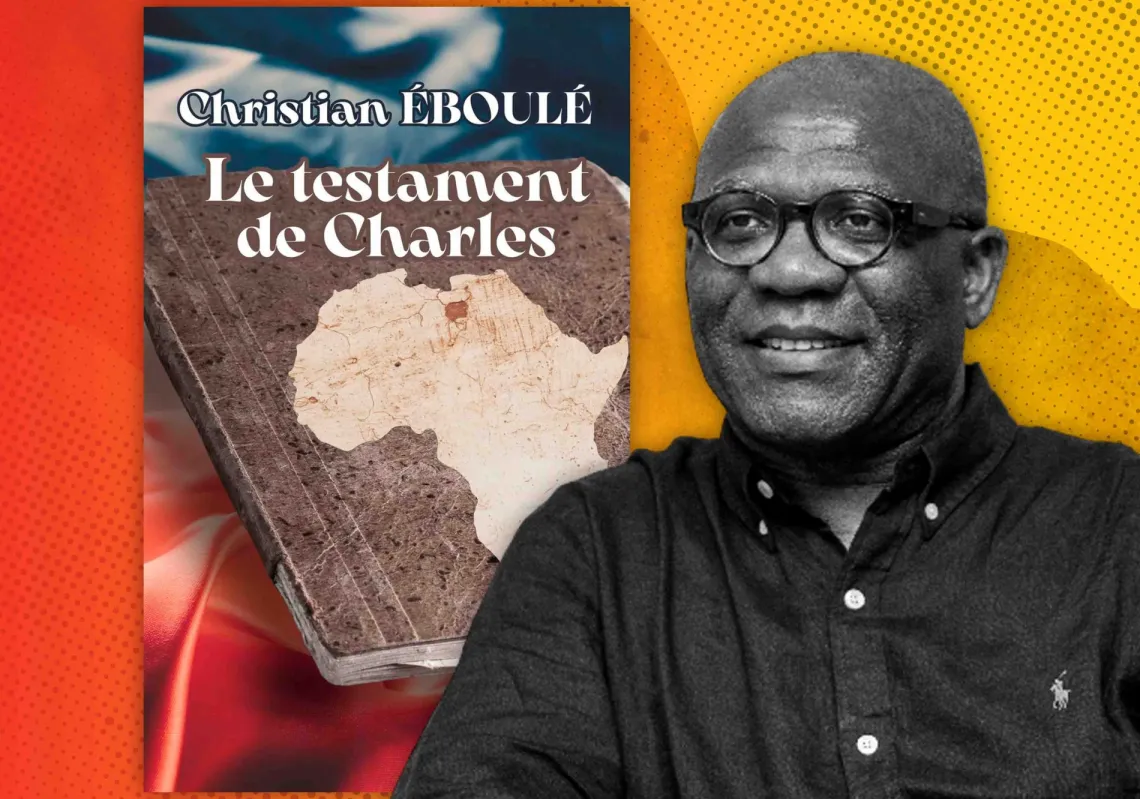 Veteran war correspondent Medyan Daireh. Courtesy Medyan Daireh[/caption]I have only covered war twice in my life: once in 2006, when I was young and reckless and wanted to experience the Israeli invasion of Lebanon, and more recently, in 2013, married with two young kids wanting to find out exactly who these Syrian Islamist brigades were. Both times, preparing for the journey mentally was much harder than actually going in: you cannot help but think about your own mortality. It does not help, of course, when you get reassuring advice from Syrian fighters who seem to rattle off the proverb: “Relax! There are many ways to die, but death is one.”
Veteran war correspondent Medyan Daireh. Courtesy Medyan Daireh[/caption]I have only covered war twice in my life: once in 2006, when I was young and reckless and wanted to experience the Israeli invasion of Lebanon, and more recently, in 2013, married with two young kids wanting to find out exactly who these Syrian Islamist brigades were. Both times, preparing for the journey mentally was much harder than actually going in: you cannot help but think about your own mortality. It does not help, of course, when you get reassuring advice from Syrian fighters who seem to rattle off the proverb: “Relax! There are many ways to die, but death is one.”
Next time I go in, I will take veteran war correspondent Medyan Dairieh’s advice: “Don’t prepare. I just don’t think about the horrors I am going to witness in advance. Once I’m there, I face the situation, trying not to concentrate much about the things I see.” Yet this seeming existentialism does not prevent him from being a consummate professional: “I’m always concerned about damaging my equipment, as it’s difficult to get spare parts for them.”
A combination of courage and consummate professionalism has earned the British–Palestinian journalist awards and distinction. Dairieh is originally from Bethlehem and left his homeland at a very young age, living in several countries before settling in the UK. His love for writing led him to train as a journalist in Turkey, focusing—perhaps due to his Palestinian heritage—on the voices of the ordinary man, on human rights, the plight of refugees and the arms trade. Dairieh feels compelled to cover wars because “there aren’t many journalists who do that.”
Dairieh though is not the typical war correspondent, hard-smoking, hard-living and eternally cynical. Neither is he the sort of correspondent who locks himself up in his plush hotel, following his Twitter feed, speaking to the bell boy and taxi drivers reporting on events of which he has no real experience. He is an idealistic journalist equal to the likes of Robert Fisk, Anthony Shadid, Gaith Abdul Ahad, Victoria Brittain, and many others in exploits. He has reported from Afghanistan, Iraq, Palestine, Libya and Syria.
When covering the Middle East, Dairieh has unparalleled access that few Western journalists can match; the extent of this becomes evident in his latest documentary, Rebels on the Bridge, where he covers the Libyan and Syrian uprising, going to places where few journalists have gone. In the process of filming, he was wounded several times and came close to joining the numerous journalists who have lost their lives covering the uprisings in the Middle East. In fact, Dairieh deliberately includes clips of him being wounded for the simple reason that he wanted to “make sure that people are in the middle of the scene when I was making the film.”
Although the documentary covers both Libya and Syria, Rebels on the Bridge is probably the most powerful testaments against the madness of war. As Dairieh says the Syrian conflict has an intensity he has never experienced before. One of the most powerful memories of the Syrian conflict for him was when warplanes shelled the bakeries of Aleppo: “People,” he recalls, “were queuing up to buy bread. As I arrived I was walking through a massacre, with bodies strewn all over the place. People were screaming. It was difficult for me to keep the camera still as I was trembling with shock.” Seeing the war so close up—running for your life in snipers’ alley, or filming the rebels as they try to recover one of their fallen or a seventy-year-old man fighting from house to house in order to set an example for the younger generation—is one of the most powerful records of the Syrian conflict.
Dairieh was compelled to make the film because he felt that the mainstream press was not covering the Libyan uprising. The film was initially entitled The Road to Tripoli; however, after the Syrian conflict broke out he decided to make the documentary about both conflicts. However, it is evident that there is great camaraderie between him and the rebels and you have to wonder whether he faced the same dilemmas that many journalists faced when cultivating a relationship with the US army as it prepared to invade Iraq in the 1990s. The reporting became the propaganda event of the decade.
Dairieh rejects this assessment, because “the rebels were not organized. I was free to move around, photographing, filming and interviewing people without any restriction or formal permission. The rebels would not hide anything from me, except perhaps their losses. However, if I was with a rebel group I could report the group’s casualties.” In fact, he asserts that sharing the hardships of the brigades allowed him to challenge the Libyan and Syrian fighters to uphold human rights. As he says, “I would point out at their mistakes and constantly remind them that in a revolution that aims at freedom and democracy, human rights is paramount and must be respected.”
Any accusation that Dairieh suffers from Stockholm syndrome was allayed when I questioned him about what advice he would give to Western policymakers about the Syrian crisis. With uncharacteristic bluntness, he disagrees with the FSA’s pleas for more arms: “The majority of people in Arab countries believe that the West and their allies are the source of their problems in the region; during the Iran–Iraq War, the US and the West—in spite of considering Iran as the enemy—sold weapons to both sides.” The West and the US have always supported Arab dictators and avoided the Palestinian issue, even while their intervention in Iraq and Afghanistan has resulted millions of deaths and the destruction of those countries. With regards to the Syrian crisis, the solution must come from Syrians themselves. Dairieh’s perspective will become an important resource after the dust has settled in Libya and Syria in the years to come.









